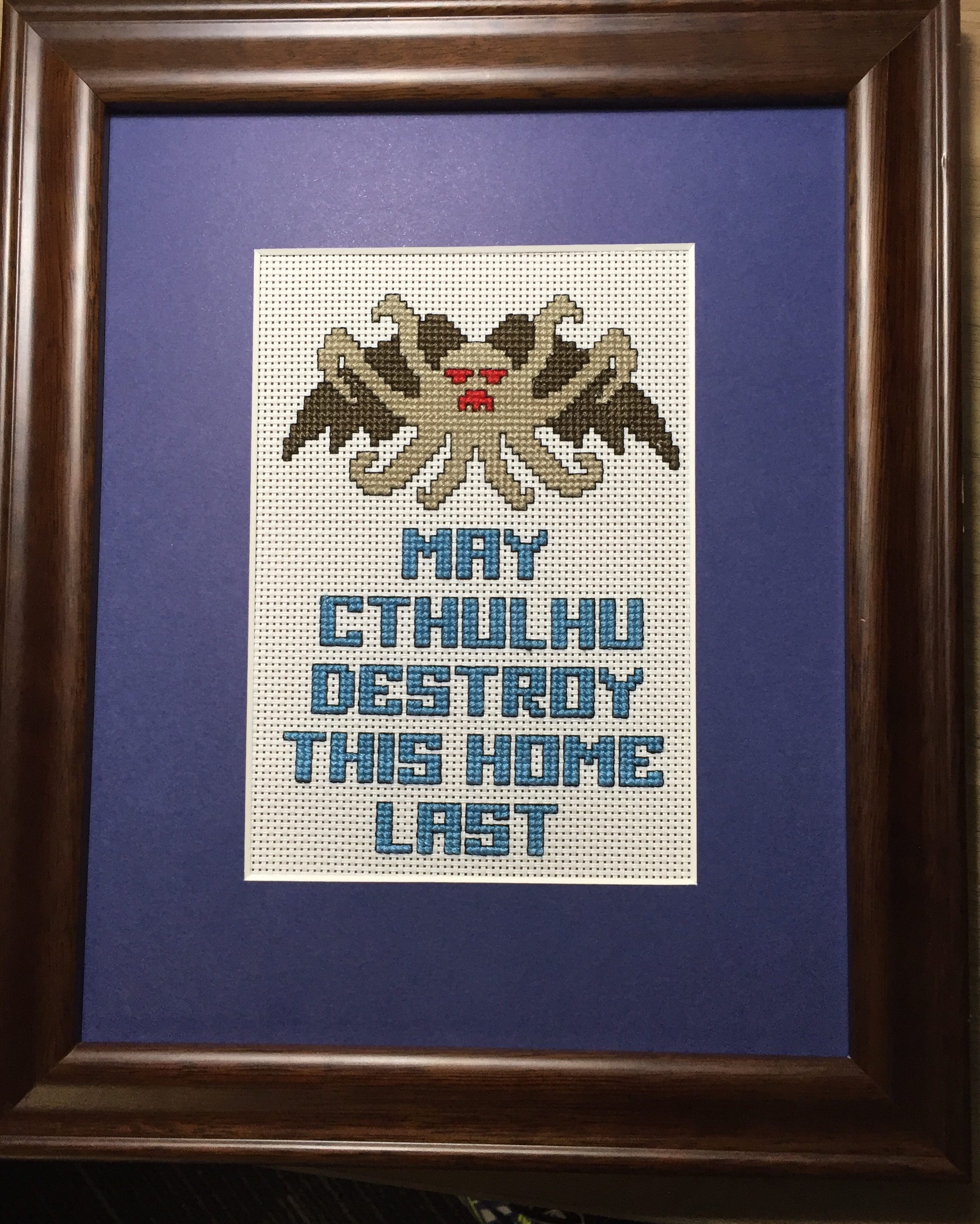One of the good guys
A couple of years ago, I really stepped in it in a local Crime Watch Facebook group. Someone posted a link to a local news article about some burglars who had been caught. When Facebook processed the link, it displayed an image from the article along with the link and article headline: the mugshots of the two burglars, who were both African-American. As was unfortunately typical for this Facebook group, several members posted short, nasty comments, one of which was just the word “Thugs.” I responded to this comment with “You may not want to use that word. It’s racially charged.”
I thought it was an extremely mild rebuke, but I was totally unprepared for the onslaught of responses that I got. In addition to some really nasty name-calling, several comments were self-defensive: “I can’t be racist; I’m Hispanic,” or “I didn’t mean it racist.”
My takeaway at the time was that I was viewing this interaction in the context of systemic racism: you don’t have to have racist intentions for your actions or comments to contribute to a racist atmosphere. The defensive commenters, on the other hand, viewed racism as a conscious act of hatred. Therefore, by their definition, they were not racist.
Today, my favorite blogger Fred Clark posted OotGOism: ‘Whoever tries to keep their life will lose it …’ (That’s One-of-the-Good-Ones-ism). In his post, he explains that if you see yourself as a good guy, that limits your ability to take criticism, to better understand your intentions, actions and the environment in which they exist:
He’s talking about the temptation to want to be seen as “One of the Good Ones,” and the insidious way that desire will trap us in our idea of our selves, of our identity, such that we’ll never be able to become anything other than that — someone trying to be perceived as good. And that’s not the same thing as actually being good, or becoming good, or even just becoming better.
We white liberal types fall into this trap all the time. Well … not so much fall as leap into it, tripping over ourselves to reassure people of color that we’re One of the Good Ones. This often leads to earnest but awkwardly cringe-worthy gestures that aren’t so much products of good intentions as they are desperate pleas to be perceived as having good intentions.
This explains the defensive nature of the responses that I saw in that Facebook group.


